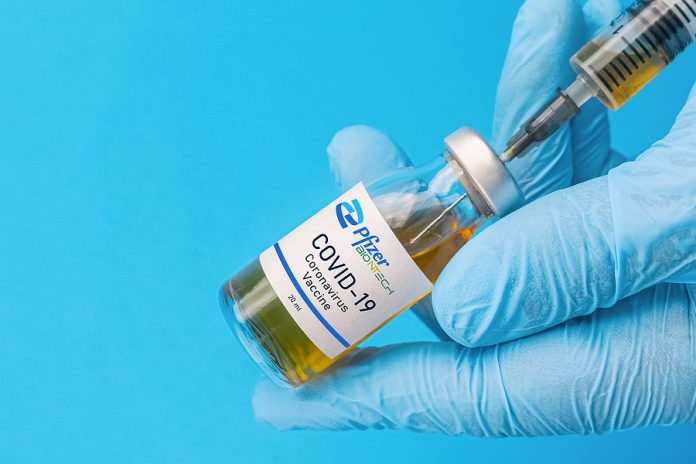The EU has approved the Pfizer-BioNTech vaccine for young people who are 12 to 15 years old. Now, individual member states are deciding if they will offer the vaccine to this age group.
In Germany, 12 to 15 year olds will be able to receive the vaccine from the 7th of June onwards. Chancellor Angela Merkel explained that the vaccine is not compulsory for teenagers. A survey in German suggested that only slightly more than half of parents (51%) want their children to be vaccinated.
This announcement coincides with the World Health Organization’s recommendation that the EU speed up the vaccination rollout process.
The WHO Europe director Hans Kluge stated that at least 70% of the population must be vaccinated before the pandemic can be considered over. Accelerating the vaccine rollout is of particular importance as new variants like the B.1617 (Indian variant) and the B.117 (UK or Kent variant) emerge, increasing the contagiousness of the virus.
The EU’s medicine agency (EMA) stated that the 12 to 15-year-old age group requires two doses of the vaccine with an interval of three weeks or longer.
The Pfizer-BioNTech vaccine has performed well in trials, demonstrating both efficacy and safety for adolescents. Prior to this date, the EU had already approved the vaccine for adolescents 16 and over.
France will soon open up vaccinations to adults over 18 years of age. Until now, only adults 50 years old or older were eligible.
Earlier in May, Canada was the first country in the world to approve the use of the Pfizer-BioNTech vaccine for young people between 12 and 15. The United States approved the vaccine for children between 12 and 15 a few days later.




